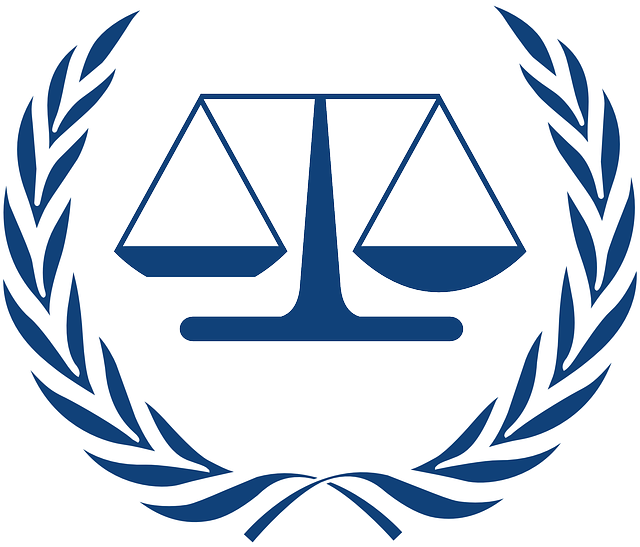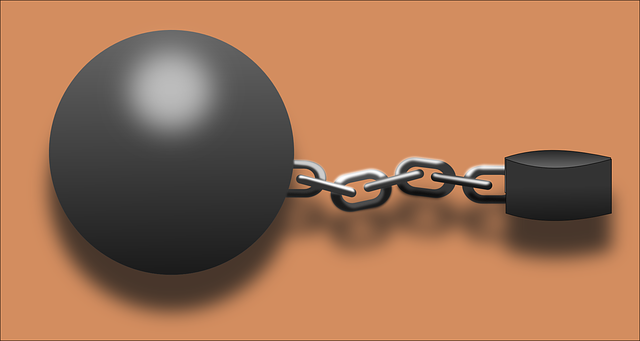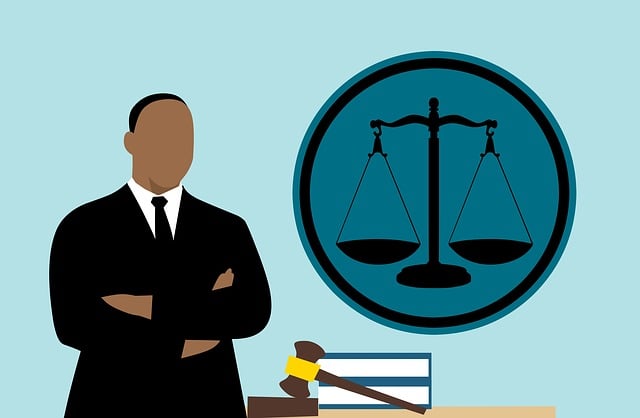Criminal Record Expungement after DUI offers a path to redemption, empowering individuals to seal or erase their conviction records. While this process varies by jurisdiction with differing eligibility and requirements, it's crucial to seek legal guidance for accurate navigation. By understanding state-specific laws, participating in required programs, and taking proactive steps, those with DUI histories can clear their records, accessing better job prospects, housing, and licenses, ultimately achieving a fresh start. Success stories highlight the significant impact of expungement, fostering a more equitable society by providing second chances.
In many jurisdictions, a DUI conviction can leave lasting marks on an individual’s life, often in the form of a criminal record. Understanding the complexities of DUI laws and their impact is crucial for those seeking a fresh start. This article delves into the world of criminal record expungement after a DUI arrest, exploring common loopholes and offering effective strategies to navigate these processes successfully. From real-world examples to success stories, discover how individuals have closed gaps in their records, achieving a second chance.
- Understanding DUI Laws and Their Impact
- The Concept of Criminal Record Expungement
- Common Loopholes in DUI Expungement Processes
- Closing the Gaps: Effective Strategies for DUI Expungement
- Real-World Examples and Success Stories
Understanding DUI Laws and Their Impact

Understanding DUI laws is crucial for anyone looking to navigate the legal system, especially those aiming for a fresh start following a conviction. In many jurisdictions, DUI (Driving Under the Influence) laws are designed to protect public safety and hold individuals accountable for their actions while impaired. These laws vary in strictness and specifics, but they generally involve penalties such as fines, license suspension or revocation, and potential jail time.
For those who have been convicted of a DUI and are considering options like criminal record expungement after DUI, it’s essential to understand that the process is often complex. Expungement laws also vary by location, offering varying degrees of relief. While some jurisdictions may allow for full or partial expungement under certain conditions, others might have more stringent requirements. This highlights the importance of seeking legal guidance when pursuing a clean slate after a DUI conviction.
The Concept of Criminal Record Expungement

Criminal Record Expungement, particularly after a DUI conviction, is a legal process that allows individuals to seal or erase certain criminal records from their history. This concept offers a second chance for those who have overcome their struggles and wish to move forward without the lasting stigma of a criminal charge. It’s more than just clearing a record; it’s about restoring dignity and providing an opportunity for reintegration into society.
After a DUI, expungement can help individuals shed the negative connotations often associated with such an offense. By clearing their records, they may gain access to better job prospects, housing opportunities, and even certain licenses that were previously denied due to their criminal history. This process empowers individuals to take control of their future and rebuild their lives, free from the constraints of a past mistake.
Common Loopholes in DUI Expungement Processes

Many individuals who have been convicted of DUI (Driving Under the Influence) often seek ways to clear their criminal records, especially since a DUI can significantly impact future job prospects and personal opportunities. One effective method is through the process of expungement, which seals or deletes certain criminal convictions from an individual’s record. However, navigating the legal system to achieve this can be complex, filled with potential pitfalls and loopholes.
Common loopholes in DUI expungement processes often arise from state-specific laws and their interpretations. For instance, some states have strict eligibility criteria, limiting expungement to first-time offenders or those who have completed certain rehabilitation programs. Others may have time constraints, requiring individuals to apply within a specific timeframe after their conviction. Loopholes can also occur due to miscommunication or inadequate legal representation, leading to missed deadlines or incomplete documentation. Understanding these potential hurdles and seeking professional legal guidance is crucial for anyone aiming to expunge their DUI record to ensure a successful outcome.
Closing the Gaps: Effective Strategies for DUI Expungement

DUI (Driving Under the Influence) convictions can significantly impact an individual’s life, often leaving a lasting stain on their criminal record. Fortunately, many jurisdictions offer a path to redemption through what is commonly known as DUI expungement. This powerful legal tool allows individuals who have successfully completed their sentence and demonstrated good behavior to have their DUI charges sealed or removed from their criminal history, effectively clearing gaps in their records.
Effective strategies for achieving Criminal Record Expungement after DUI include staying compliant with all court orders, attending any required counseling sessions, completing community service hours, and abstaining from further legal issues. Proactive individuals can also take the initiative to educate themselves about the expungement process, gather necessary documentation, and seek legal counsel to guide them through the often complex procedures. By employing these strategies, those with DUI convictions can actively work towards rebuilding their lives and restoring their freedom.
Real-World Examples and Success Stories

In real-world scenarios, closing legal loopholes has led to remarkable outcomes, especially in cases involving sensitive issues like Criminal Record Expungement after DUI. Many individuals struggling with a DUI conviction have found hope through this process, which allows them to purge their records and regain a sense of normalcy. Success stories abound of people who, after successfully expunging their DUI-related charges, have been able to secure employment, gain housing opportunities, and even reapply for licenses previously revoked due to the conviction.
These real-world examples highlight the profound impact of closing gaps in the legal system. By implementing measures to address loopholes, particularly in areas like Criminal Record Expungement after DUI, communities can foster a more equitable and just society. This is especially significant because a clean record can open doors that were previously closed, offering individuals a chance at redemption and a fresh start.
The journey towards a fresh start post-DUI conviction is complex, but understanding the loopholes in the system can be empowering. By recognizing the common gaps in DUI expungement processes, individuals can navigate their path to criminal record expungement more effectively. This article has provided an in-depth look at the legal landscape surrounding DUI laws and offered strategic solutions for those seeking a clean slate. Remember that while challenges exist, there are successful stories of individuals clearing their records, highlighting the potential for positive transformation through proper guidance and understanding of criminal record expungement after DUI.






